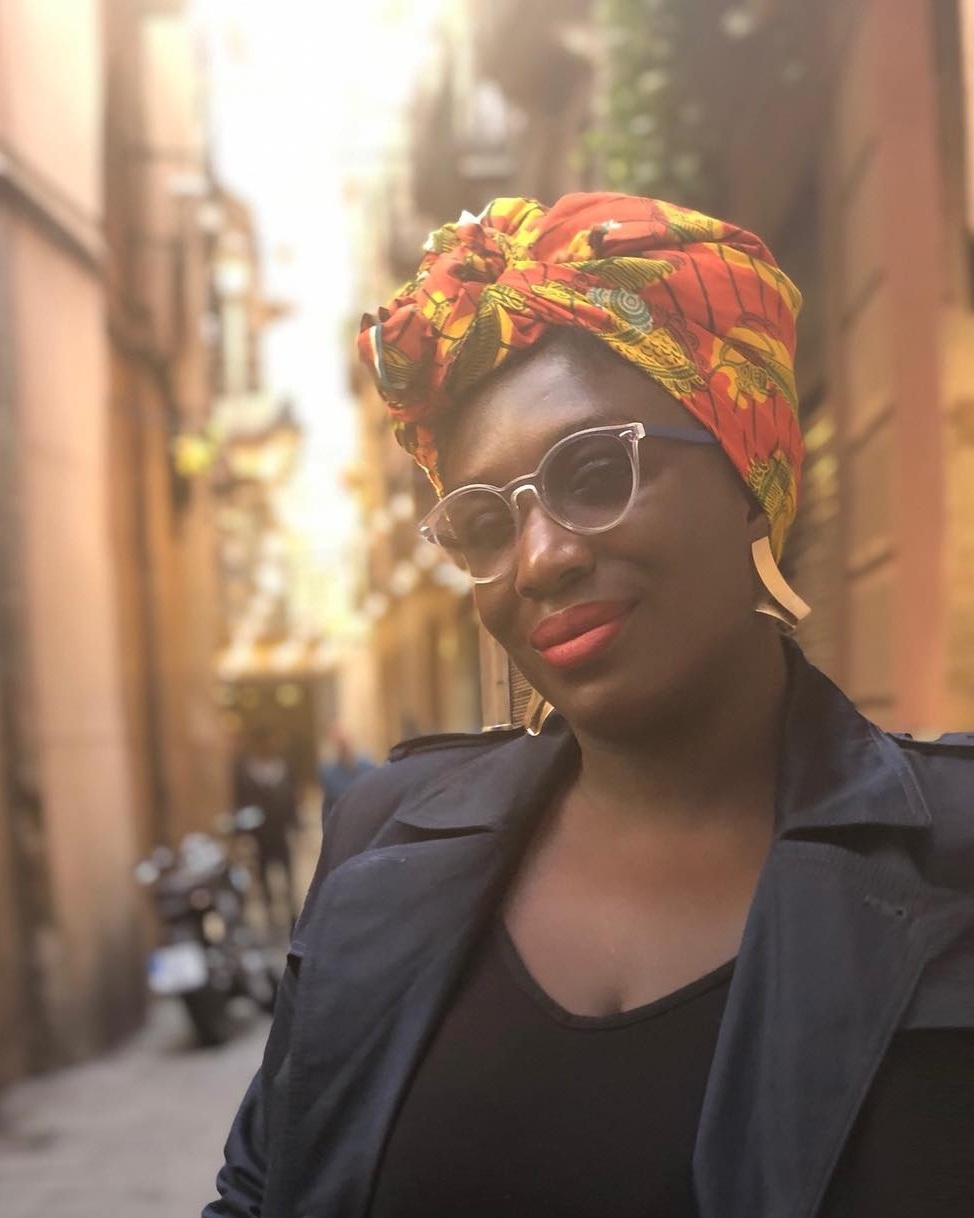"My mom created an African bubble in the middle of Maryland": Stephanie Kimou (Cote d'Ivoire/USA) - 3/4
/African? American? Stephanie Kimou won’t choose. And no, she’s not confused.
When Ivorian-American activist Stephanie Kimou told me about her powerful mission to make international development a more inclusive sector for Black women (click here if you missed it), I wanted to know about the personal journey that led her there. Here, we speak about her hybrid identities and compare notes from our respective journeys as Black women immigrants.
We’ve talked a lot about what you do and what you believe it. Let’s switch gears and talk about who you are. We’ve known each other for a couple of years now, and I’ve always thought that you’re the only person I know who is so equally African and American. I wonder how that plays out in the way you approach your work. So for example, in the hour since we’ve started this conversation, you’ve used the words “Black” and “African” interchangeably.
You know Françoise, you’ve said this to me before and it’s hard for me because I don’t notice it. You’re literally the only person in my life who’s ever said this to me.
Really? Well maybe I’m wrong…
No, I think you’re on point. I don’t know anyone who is more able than you to identify these things.
So what do you think is going on there?
I’m not sure, I need to think about it. Off the top of my head, I’d say that I’m lucky that I’ve never felt rejected for not being African enough or American enough. It doesn’t matter if I’m around my African sisters or my African-American friends, or I’m around my Ivorian family or my African-American husband, I’m always fully myself and people accept me for who I am.
“I’m always fully myself and people accept me for who I am.”
I grew up in the U.S. but my mother was committed to keeping us as authentically Ivorian as possible. It was her number one priority. She made sure we knew everything about Cote d’Ivoire: the food, the language, the politics, the history. She made sure go back to Cote d'Ivoire once a year. My mom created an African bubble in the middle of Maryland, and that has allowed me to grow in my African-ness in a, authentic way that I still carry with me today.
On the other hand, I’ve never had to negotiate with being Black in the U.S. because blackness is such a natural and shared experience here – as long as you’re willing to partake in it, which I was. So I don’t notice, differentiate or negotiate any of it. I’m always African and always American. This is actually my first time thinking about it with such depth.
Big up to Mama Kimou! I guess you embody “African-American” in a way that I hadn’t seen before: you’re Black in America, but you are also fully African and American. It’s fascinating to me because I’m Cameroonian and French, and let me tell you, I don’t know a single African immigrant in France who can say they don’t have to negotiate between their identities. Which makes me wonder: last year, when you decided to go and live in Paris for a few months, did you notice a difference?
It was so hard to be in France. I didn’t feel the communal experience of blackness that is everywhere in the U.S. Being American and Ivorian, I could feel the way the Black experience is fragmented in France.
Because I'm a West African, French people had no interest in me, but as soon as I opened my mouth and I spoke French with my American accent or spoke English with my husband, they were suddenly eager to know our story and to invite us to places.
Tell me about it! In my experience, the only black woman who doesn’t have to fight for respect in France is the Black American women. You could have played that card! You never did that?
How could I feel good about being from the U.S. when that I knew it’s the only reason they were even interested in talking to me? What I saw in France was a sad, disturbing hierarchy of blackness.



